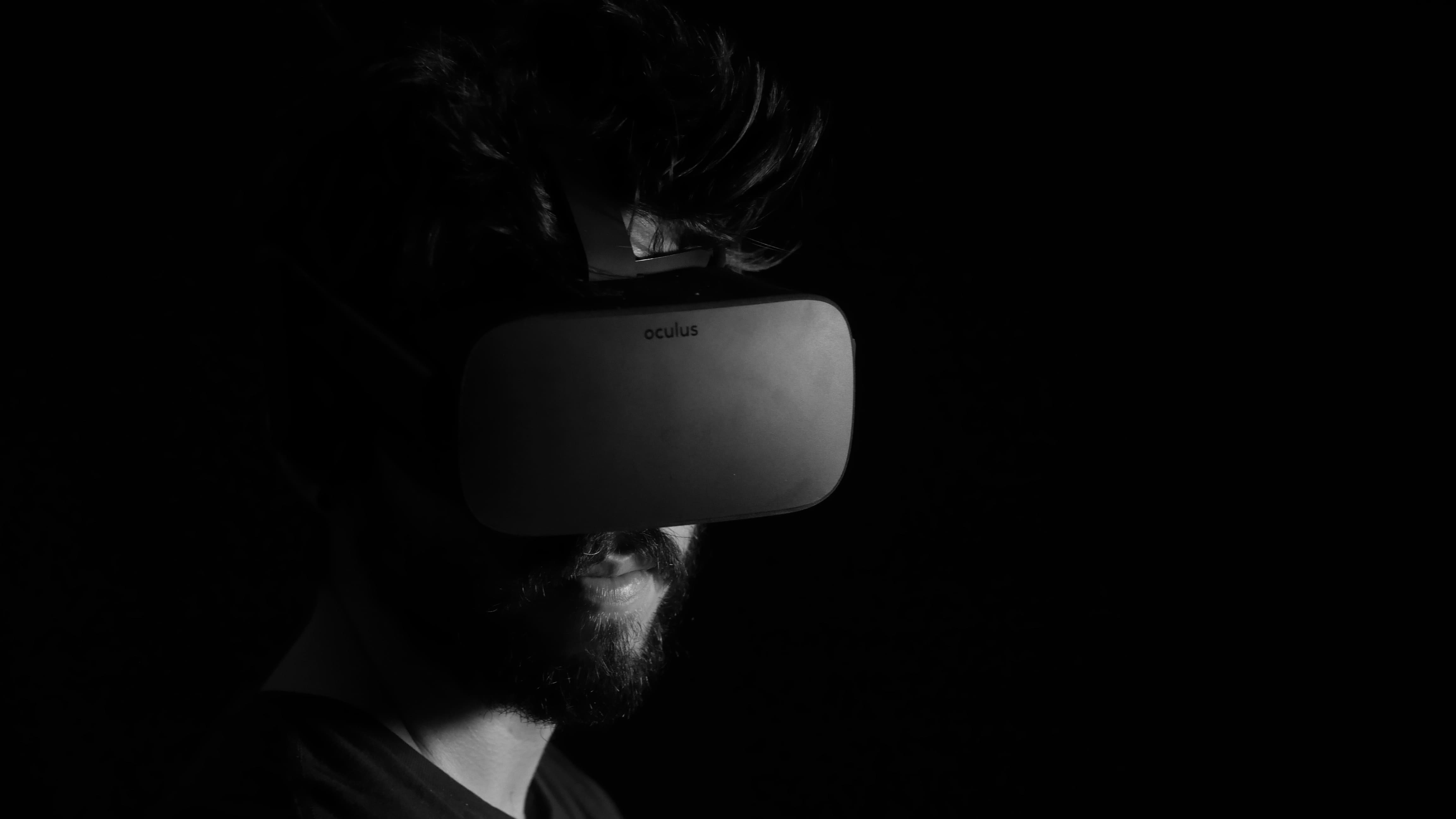Mind over matter represents the triumph of will over physical hindrance. Our thoughts are our weapon against the world.
David Adam, Author
Athletes are all too familiar with this type of advice – that the mind creates all of our boundaries. However, who would’ve thought that this could be the basis for a new field of medicinal study?
There’s a grand idea in the health community known as Virtual Therapeutics, whereby altering a patient’s state of mind through multisensory stimulation could act as medicine. Essentially, using virtual reality to make a patient feel less pain and alter their outcomes.
At its most basic level, being
The virtual-reality game “Snow World” (a game in which players shoot snowballs to defeat snowman Frosty and his penguins) reportedly works better than morphine at counteracting the pain of patients in burn units.
Susana Martinez-Conde, Scientific American
It’s unbelievable to think that transporting the mind through illusions could be more effective than a painkiller used in every hospital worldwide. Additionally, MRI scans show that playing the game reduces the brain’s pain signals. Both mind and matter are impacted.
In all honesty, amplifying the patient experience and brightening their outlook is often times enough to drastically improve patient outcomes. This is the basis for an entire Virtual Therapeutics initiative led by Dr. Brennan Spiegel at Cedars-Sinai:
This is not some rinky-dink, back-alley experiment. This is the official UCLA hospital, running virtual reality experiments with their patients to hopefully determine how the technology can be used to drastically improve healthcare.
Just based on the preliminary experiments of VR affecting patients’ perception of pain, I see VR Therapeutics being a crucial tool in treating young patients – who are very susceptible to pain.
By 2033, virtual reality headsets will be commonly found in pediatrician offices nationwide.
However, virtual distraction isn’t always the best option for dealing with emotion. On the flip side, VR is shaping up to have a great effect on building our emotional intelligence.
Already a future thinker?
Then become a friend.
Virtualizing Emotional Intelligence
We’re told from a young age to “walk a mile in their shoes” and not judge others before trying to understand where they are coming from. Empathy is a learned skill that a lot of people never take the time to learn. We all know people close to us that never think of the emotions of others before speaking. And it’s very hurtful. For this reason, virtual reality could be a groundbreaking platform for turning all those apathetic people around.
Recently, a study found that virtual reality immersion increased people’s empathy for one of the most marginalized populations: the homeless. By transporting viewers into the livelihood of a homeless person, the study “led to more positive, longer-lasting attitudes towards the homeless up to two months after the intervention”.
Similarly, the use cases for other emotionally charged professions are endless. I can really see therapists and psychiatrists using virtual reality headsets to greatly alter the mindsets of their patients through experiences.
For instance, researchers at Barcelona University are using VR to help people cope with one unavoidable event: death. By putting the viewer in a near-death experience, the experiment has shown to lessen people’s fear of death. This would be invaluable to therapy sessions.
Another example of digital therapy comes from Amy Green who created a video game to help people cope with grief, called The Dragon, Cancer. It’s based on her family’s experience when their son, Joel, was given news of terminal cancer. Players are transformed into a witness of Joel’s life, exploring an emotional landscape, clicking to discover more of what the family felt and experienced.
It’s a hard game to play since it’s a game that you can’t win. But, it’s so much more. As Amy says, “People have to prepare themselves to invest emotionally in a story that they know will break their hearts. But when our hearts break, they heal a little differently.”
Virtual Therapeutics is shaping up to be a huge part of healthcare, medicine, and mental health. In fact, Goldman Sachs predicts the market for VR software in the health industry will hit $5.1 billion in sales by 2025.
This is all groundbreaking research and honestly a breath of fresh air. It shows a side of virtual reality that doesn’t involve a user getting lost in a simulated situation and losing sight of reality. These are applications of VR that actually improve the world.
